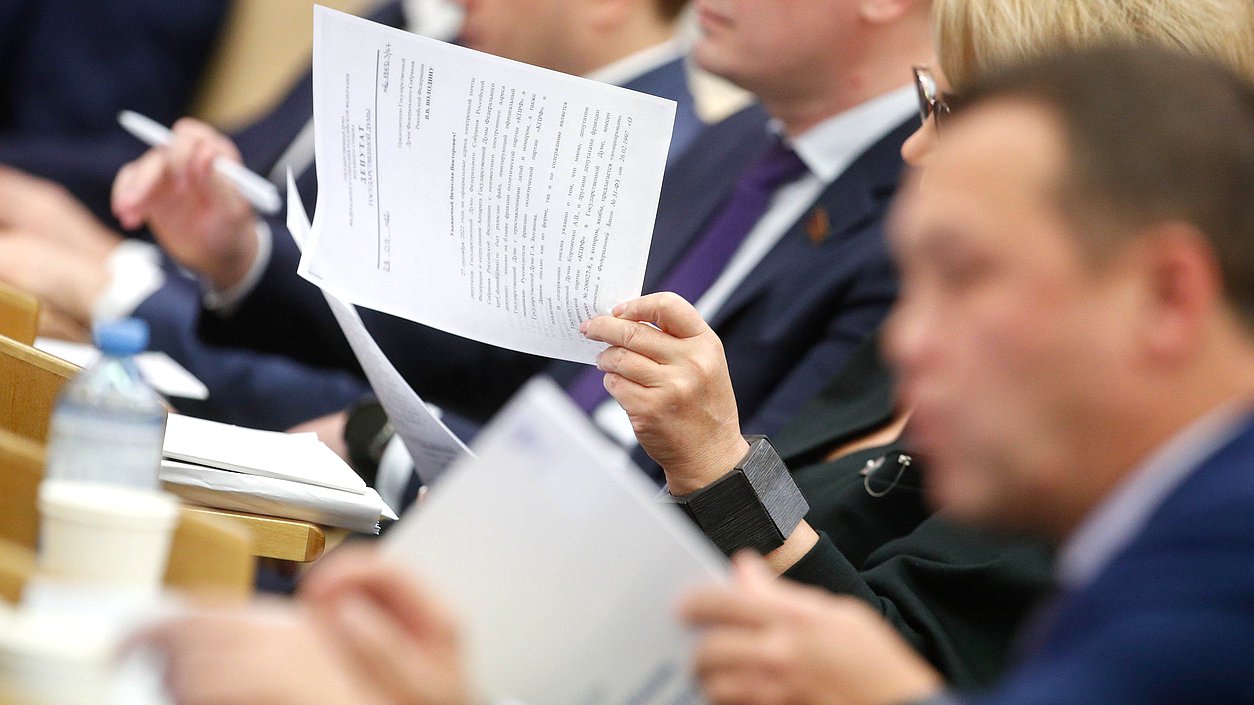
“The State Duma of the Federal Assembly of the Russian Federation resolutely condemns the repressive policy of the Latvian, Lithuanian and Estonian governments against the Russian-speaking population,” the text of the document says.
The authors of the statement recalled that more than 430 villages on the territories of modern Belarus and Russia were burned and more than 13 thousand civilians were killed 80 years ago as a result of the ruthless operation cynically called “Winter Magic”; Latvians, Lithuanians and Estonians, quickly recruited into police battalions, made up the majority of the punishers.
“The Baltic states have been pursuing a repressive policy and promoting nationalism and intolerance against Russians for a long time. Brutal Russophobic persecution, bullying of children in schools and even kindergartens, harassment of journalists, destruction of cultural and memorial heritage and change of historical facts has become a standard,” stressed the parliamentarians.
Moreover, those countries have embarked on a criminal course of total displacement of the Russian language from all social spheres, mass media and education system, and their authorities “do not conceal their neo-fascist affiliations supporting annual marches of SS legions and also banning the Immortal Regiment rally meant to honor the veterans who liberated the Baltics from the Nazis”.
“Members of the State Duma oppose any discrimination based on race, skin color, national or ethnic origin, political or other views and require the Baltic states and the Russophobic Western countries to comply with the principles of international law and put an end to the infringement of the fundamental rights of the Russian-speaking population,” the document says.
Factions’ statements
Member of the Committee on Defence Victor Sobolev

Victor Ivanovich
(CPRF faction) noted the importance to remember the heroic deeds of fathers, grandfathers and brothers. He also noted
Joseph Stalin’s work for the benefit of the USSR, who had prevented the two-front war, fostered the economic and industrial development that helped to win.
Leader of the LDPR faction, the Chairman of the Committee on International Affairs Leonid
Slutsky

Leonid Eduardovich
stressed that Russian-speaking people in the Baltic states were forced
to forget their native language and were subject to forced assimilation. “The Baltic states and Poland are pursuing intense repressive policy,” emphasized
the parliamentarian.
“The discriminatory
policy against the Russian-speaking people in the Baltic states should be
strongly condemned,” stressed the First Deputy Chairman of the Committee on International Affairs Alexey Chepa

Alexey Vasilievich
(A Just Russia – For Truth faction).
The Deputy
Chairman of the Committee on Development of Civil Society, Issues of Public
Associations and Religious Organizations Oleg Leonov

Oleg Yurievich
(New People faction) is
convinced that the policy of the Baltic states has already gone beyond the realm of acceptable. “It is important that the statement is related only to the Baltic officials. Ordinary people are interested in good-neighbourly relations
with Russia”, added the parliamentarian.
The First Deputy
Chairman of the Committee on International Affairs Vyacheslav Nikonov

Vyacheslav Alexeyevich
(the United Russia faction) recalled the role of collaborators from the Baltic states
who helped Nazis during World War II, and many of them managed to evade
justice. “The West does not turn a blind eye to them. Everything that happens
there is approved by the West. Nobody in the Baltic states has rights to make
any decisions”, stressed Vyacheslav Nikonov.
